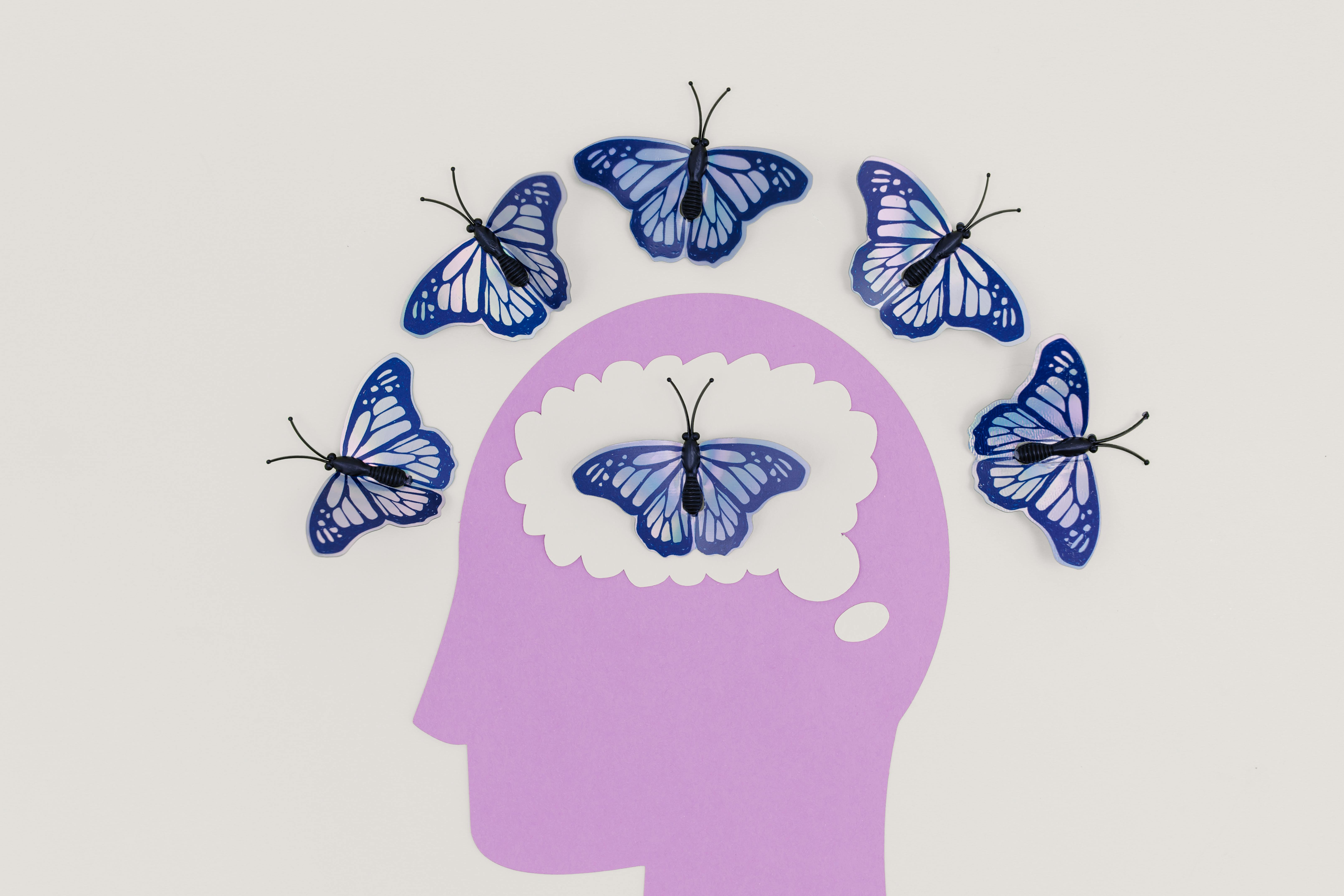
I bet there are people like me who would be like, ‘God, I need to get this done but don’t know how.’
Ever wonder why we keep putting off doing certain things until the last minute? Some would say ‘I work better this way’ or ‘Some of my best work is done last minute’; while I bet there are people like me who would be like, ‘God, I need to get this done but don’t know how.’ Some of us could feel overwhelmed by the task at hand that we put it off until the very last minute. Sounds familiar? It's procrastination at its best!
While it is good to take the time to plan, organize and execute tasks, procrastination is an unhealthy way to put yourself under that much stress. We may put off doing the task because we may not have the time to do it or there may be other things that need our attention at that moment. Fair enough. But is it worth putting all that pressure on you to complete the task before the deadline? You may miss out on the luxury of correcting your work and adding finishing touches. So, your result would be a rough draft rather than your best work. ‘Oh, if only I had more time..’ could be a common response to the situation. With that said, some people do some of their best work under immense pressure, but at what cost? Sleeplessness? Migraines? Hair fall? Poor eyesight? Chest pains? These are some of the traits of extreme stress and anxiety and it plays havoc on your mental and physical health.
Window of tolerance
While leaving tasks until the last minute might help you be ‘in the zone’, it can leave you with dangerous methods to deal with responsibilities. Productivity and quality of work (academic, professional, and personal) is important, as is your physical and mental health. It is crucial for you to become aware of your ‘window of tolerance’. Doctor Dan Siegel, the famous psychologist, identified that our nervous system allows us our own window of tolerance that is highly influenced by significant events in our lives. The extremities of psychological and physiological arousal are identified as hyper and hypo arousal. Our ‘window of tolerance’ can be identified as the area where we are able to identify and self-regulate our emotions while being fully present and engaged.
Adding stress and anxiety to our window of tolerance makes it shrink causing lower optimal functioning. So you would find yourself in hyper-arousal mode (fight/ flight, inability to think clearly, emotional distress, unproductive problem solving) or hypo- arousal mode (shut down, lethargic, unmotivated, numb). The first step to identifying your position in the window is to recognize what are you feeling and why are you feeling it. Once you have solved that puzzle, it would become easier to regulate your emotions and bring yourself back to the present.
Optimal function
Here are some helpful methods to regulate your emotions and bring you back to the present. One step is to practice breathing exercises. For example, you can focus on your breath- breathe in and breathe out. Do this a few times until you feel that you are back in the here and now. Box breathing is also known to help. You breathe in for four counts- hold your breath for four counts- breathe out for four counts- pause/ hold for four counts. You can start with a small number of counts and slowly increase the number. Another highly recommended technique is to practice mindfulness. Now, this can look like-
- Naming three things that you can see, hear, touch, smell, and taste (engaging your five senses).
- Looking in the mirror and saying positive affirmations to yourself.
- Paying attention to your thoughts- especially the negative ones
- Speaking and treating yourself the way you would your best friend- with gentleness, love, and empathy.
Physical exercise is also known to help release toxins from your mind and body. If going to the gym is not an option for you, then maybe try going for a walk, run, or playing with a pet.
Recognizing where you are in your window of tolerance will help you address procrastination. By understanding the delay in starting/finishing any project, it will enable you to become more aware of yourself - your emotions and the subsequent reactions. It helps to deal with things when they ‘show up’ rather than ‘blow up’. Remember to be kind and gentle with yourself. After all, there is just one you!
If you or somebody you know struggles procastination, consider reaching our ‘Support’ and ‘Engage’ verticals for affordable and inclusive help!
Like our content? Please show us some support by sharing and upvoting!
Image Credits - Pexels.com
